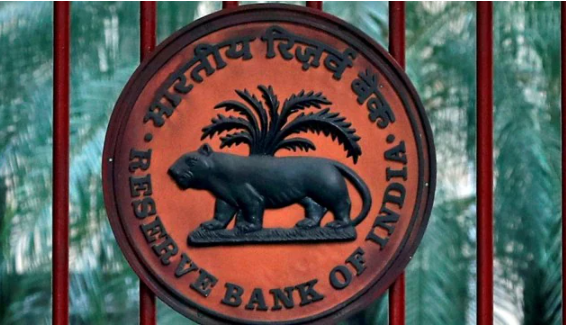RBI's Recent Changes in Investment Norms: What You Need to Know
 Tarini
Tarini
The Reserve Bank of India (RBI) recently made some noteworthy adjustments to the norms governing investments in Alternative Investment Funds (AIFs) by banks, non-banking financial companies (NBFCs), and other lenders. These changes, announced on Wednesday, come as a modification to directives issued by the RBI in December last year.
Previously, the RBI had instructed banks, NBFCs, and other lenders to refrain from investing in any scheme of AIFs that included downstream investments in a debtor company. Downstream investments refer to the utilization of funds raised from AIF investors by the AIF to make direct investments in a company.
In a recent release, the RBI clarified that downstream investments should exclude investments in equity shares of the debtor company of the regulated entity (RE). However, all other investments, including those in hybrid instruments, would still be considered as downstream investments.
Furthermore, the RBI had earlier stipulated that if an AIF scheme, in which a regulated entity is already an investor, makes a downstream investment in a debtor company, the regulated entity must liquidate its investment in the scheme within 30 days from the date of such downstream investment. Failure to do so would result in a 100 percent provision requirement on such investments.
However, the recent amendments by the RBI specify that the 100 percent provision requirement will only be applicable to the extent of investment made by the regulated entity in the AIF scheme, which is further invested by the AIF in the debtor company. It won't be imposed on the entire investment of the regulated entity in the AIF scheme.
It's important to note that investments made by regulated entities in AIFs through intermediaries such as fund of funds or mutual funds are not covered under these revised norms on investment in AIFs.
These alterations aim to streamline the implementation process and ensure consistency among regulated entities. As the regulatory landscape evolves, staying informed about such changes is crucial for all stakeholders involved in investment activities.
Subscribe to my newsletter
Read articles from Tarini directly inside your inbox. Subscribe to the newsletter, and don't miss out.
Written by

Tarini
Tarini
I am Tarini, a graduate with a Bachelor's degree in Engineering from IIFT Bangalore, Karnataka. Currently, I am actively seeking opportunities and have previous experience working at Wipro.